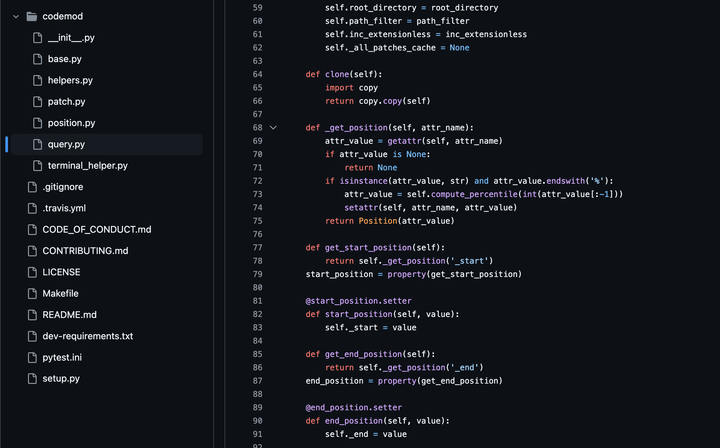Strategic Job Hopping: How to Leave a Job Without Hurting Your Career

Too many engineers are completely unaware of career norms. A recent conversation I had about job tenure really brought this to light. In the tech industry, there's something of an art to timing your exits and entries in the job market. It's an art that can deeply influence how you're perceived professionally.
Most people know you can stay at a company for too short a period, but the inverse is also true: you can also stay at a company for too long. And being on either extreme can hinder your future career prospects.
So, let's clear the air: How long is too long, and how short is too short, when it comes to staying with an employer?
If your resume reads like a series of rapid-fire engagements, none lasting more than a year, take heed. This pattern is a major red flag for hiring managers and recruiters. As someone who's been involved in the hiring process, I can attest that it raises questions. Why should a company risk hiring someone who may just be passing through, learning the ropes only to leave before that investment pays off?
Here's the reality: Making a real impact takes time.
Companies expect new hires, especially in the tech field, to take months to assimilate knowledge and build relationships. And the deeper you go in your tech career, the longer your runway to peak contribution.
For instance, if you're joining as a principal engineer, don't expect to operate at that level on day one. It's a gradual ascent where your first few months might equate to performing at a senior level. It's totally normal to take a full year before you truly embody the principal title.
But sometimes life happens. A short stint is understandable—if it's an outlier. The culture might not gel with your ethos, or an unexpected reorg could veer you away from your interests. Reasonable, right? But make it a habit, and suddenly your word carries less weight. Your professional narrative begins to fray.
The Year-One Fallacy: Shipping Without Owning
I mention this to all mentees (only half-joking): staying a year at a company means you've only stayed long enough to build and ship something, but not long enough to deal with the consequences. In truth, the real growth, the deep learning, comes from maintaining your work and iterating based on actual usage.
That's why, as a general rule, I suggest a minimum tenure of 18 months. It grants you enough time to flesh out your accomplishments beyond mere delivery to include adaptation and evolution — a compelling story for future employers.
The Stigma of the Long Haul
On the flip side, overstaying can also come with its own set of misguided assumptions. Stay with a company for more than eight or nine years and be prepared for some skepticism. Can you thrive outside that familiar environment? Have your adaptive skills dulled over time?
The most common way I've seen this manifest is from engineers who have stayed in larger, slow-moving companies for a decade plus. You're not a bad engineer if you've been at Oracle or Cisco for 15 years, but if you can't present a narrative of ambition and growth (e.g. you've been stuck as a Senior Engineer for years), you become less interesting to a hiring manager.
But context matters. If your lengthy tenure saw the company grow exponentially (e.g. a hypergrowth company like Coinbase from 2013 - 2023), staying put is seen as adapting to change. Longevity in a fast-evolving company tells the story of perseverance and adaptability.
Similarly, if your stay included climbing the ranks from a junior position to the C-suite, that's undeniable evidence of your professional mettle. Your resume and LinkedIn should present the narrative clearly. If promotions have been scarce and you've lingered at a senior level for eons, the narrative isn't quite as convincing. It's crucial to anticipate these judgments and address them when job-seeking.
Crafting Your Story
Regardless of whether you're the rapid mover or the steadfast fixture, you need to be aware of your professional perception. When job-hopping, be clear about the unique experiences those short bursts afforded you. Emphasize the concentrated learning and breadth of exposure. Conversely, if your tenure is as lengthy as an epic novel, highlight the breadth of roles and responsibilities you've juggled, the constant re-skilling, and the diversity of projects.
Your journey through the landscape of tech employment is uniquely yours. It's not the duration at a gig that matters most, but rather the richness of your experiences and what you've learned. Still, perceptions play a role. Armed with an understanding of how tenure length may be interpreted, you're better equipped to tell your story in a way that resonates and, most importantly, rings true to who you are as a professional.
Rahul






Comments ()